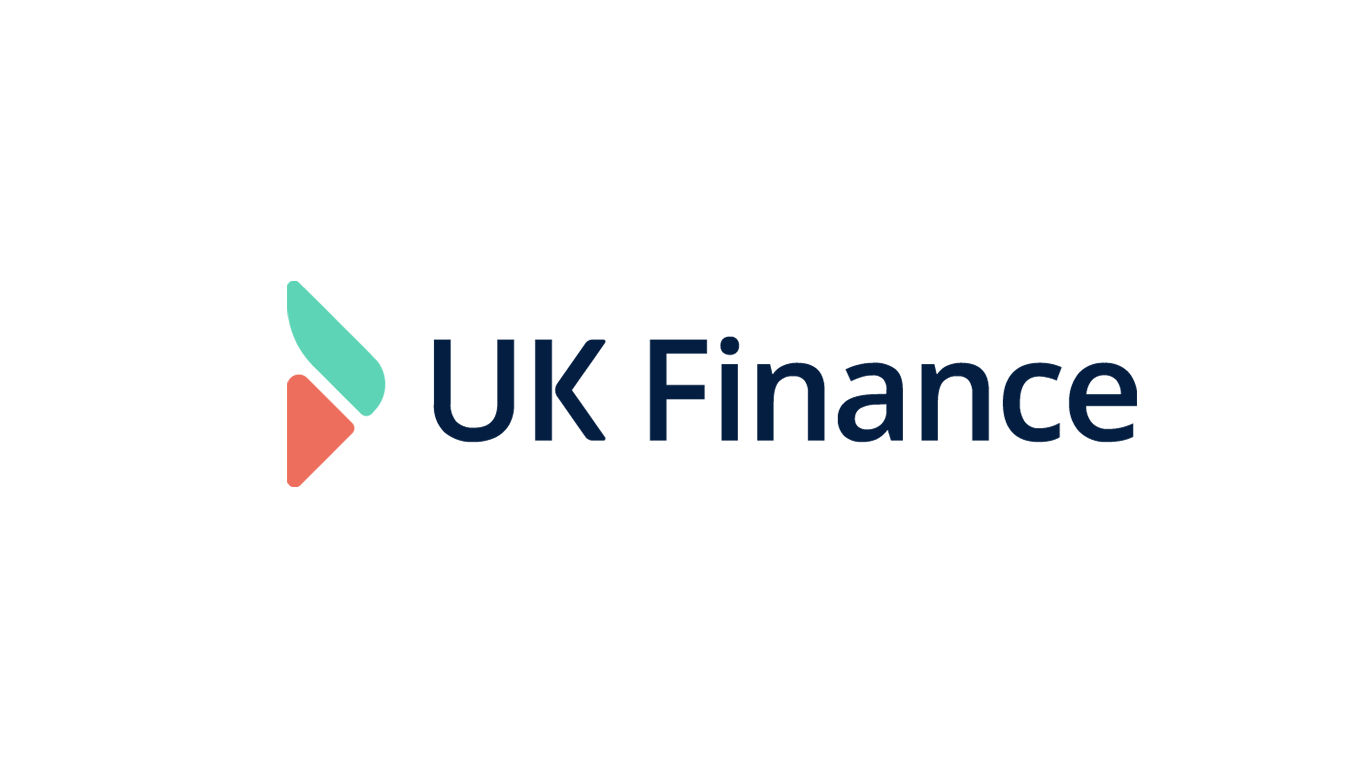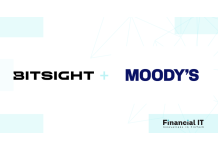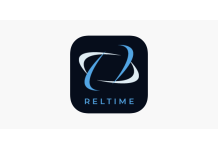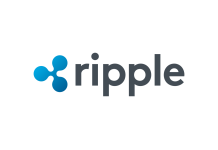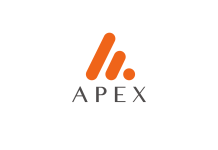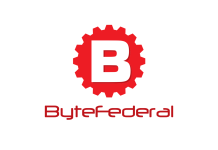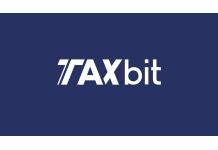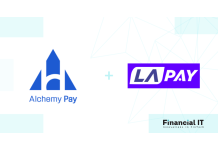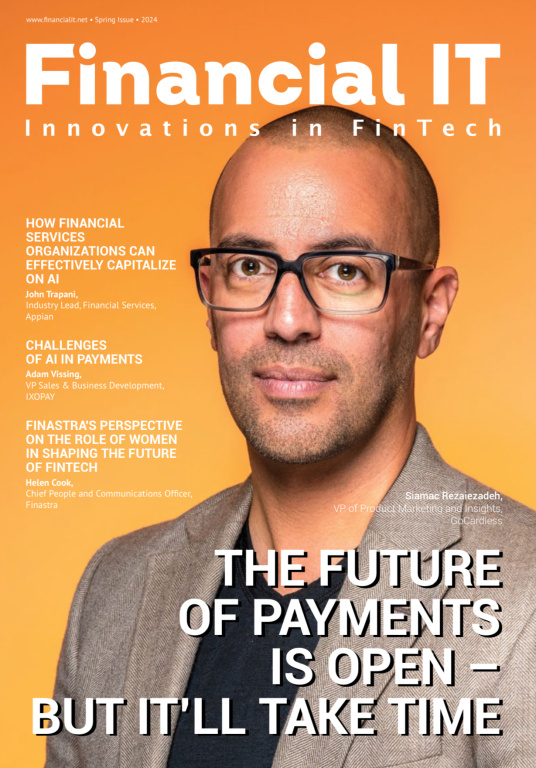Mercuryo's Intuitive On-Ramp Payments Solution...
- 29.04.2024 11:25 am
Fireblocks Expands DeFi Suite with New Threat...
- 25.04.2024 10:40 am
Bitsight and Moody’s Launch New Cyber Risk Solution...
- 22.04.2024 04:05 pm
Reltime Financial Services Strengthens African...
- 17.04.2024 02:35 pm
Ripple to Issue USD-backed Stablecoin Bringing More...
- 05.04.2024 10:25 am
Apex Group Paves the Way by Harnessing the Power of...
- 04.04.2024 12:18 pm
Crypto.com App Set for Launch in South Korea
- 04.04.2024 11:05 am
Byte Federal Launches Point of Sale System for...
- 03.04.2024 12:50 pm
FCA Awards Portofino Technologies UK Registration as a...
- 03.04.2024 09:25 am
TaxBit Announces European Expansion Amidst Increasing...
- 02.04.2024 11:50 am
Sumsub and Mercuryo Release Comprehensive Guide for...
- 29.03.2024 12:40 pm
Alchemy Pay Invests in UK Fintech LaPay and Secures...
- 29.03.2024 09:40 am

